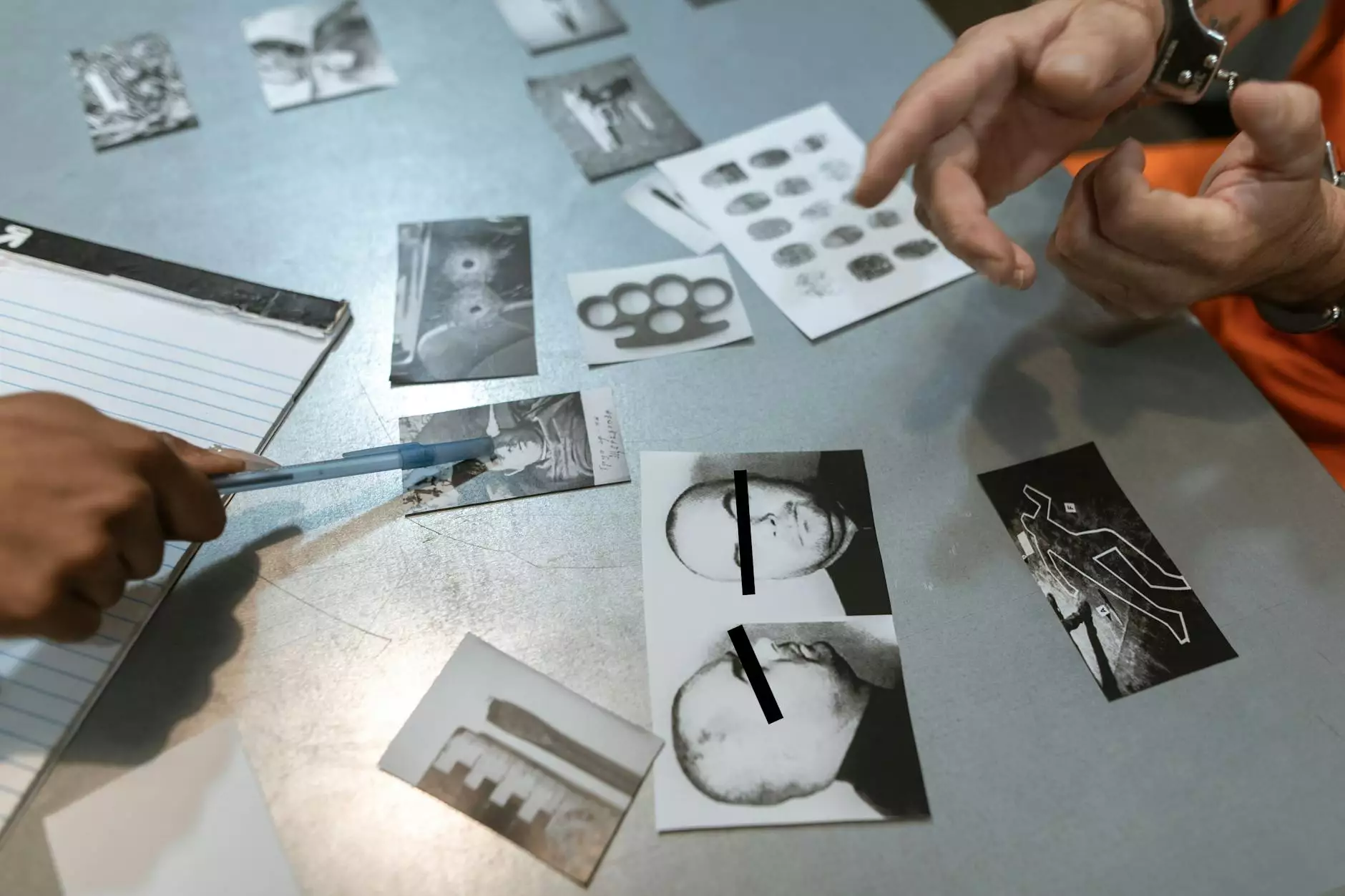Unlocking Opportunities: Understanding Fingerprint Classes

The world around us is increasingly reliant on security and identity verification, and one of the most reliable methods of achieving this is through fingerprint classes. The study of fingerprints is not just about law enforcement; it has branched out into numerous fields including education, health, and business. This article delves into the intricacies of fingerprint classes, their types, and their applications in today’s society. At AJ's Mobile Services, we are committed to providing comprehensive fingerprinting services that meet the diverse needs of our clients.
What are Fingerprint Classes?
Fingerprint classes refer to the categorization of fingerprints based on their unique patterns and ridges. Each person’s fingerprint is distinct, making it an ideal tool for identification. The primary categories of fingerprint patterns include:
- Loops: Characterized by ridges that enter from one side, loop around, and exit from the same side.
- Whorls: Fingerprints that have circular or spiral patterns.
- Arches: Fingerprints where ridges enter from one side and exit from the other without looping back.
These classifications are critical for forensic science and various identification processes. Understanding these fingerprint classes helps professionals in law enforcement, security services, and other fields to accurately identify individuals.
The Importance of Fingerprint Classes in Various Professions
Fingerprint classes play a significant role in numerous fields, enhancing security and ensuring accuracy in identification. Here’s how different professions utilize them:
1. Law Enforcement
In law enforcement, fingerprint analysis is crucial for criminal investigations. Fingerprints found at crime scenes can be compared against a database of known prints, helping to identify suspects quickly and accurately. Many police departments have dedicated forensic scientists who specialize in analyzing fingerprint classes, making the knowledge of fingerprint typing essential.
2. Notaries and Legal Professionals
For notaries and lawyers, fingerprinting services are often required for various legal procedures such as background checks and hiring processes. Fingerprints act as a secure method of verifying an individual’s identity, thus preventing fraud and ensuring the integrity of legal documents.
3. Healthcare Providers
In healthcare, the implementation of fingerprint classes can enhance patient security and ensure that medical records are accurately attributed to the correct individuals. Hospitals and clinics are increasingly adopting biometric systems for patient check-in and medication administration, making it vital for healthcare providers to understand the implications of fingerprints.
4. Employment and Background Checks
Many employers require fingerprinting as part of their hiring process, particularly in industries that involve working with vulnerable populations. Understanding how fingerprint classes work can streamline the hiring process and contribute to safer work environments.
Training in Fingerprint Classifications
To effectively apply fingerprint classes in various roles, professionals often undergo specific training. Fingerprint classes training can be beneficial and is usually conducted through workshops, seminars, and formal educational programs. Here are some elements covered in such training:
- Understanding Ridge Patterns: Participants learn to identify and classify different fingerprint patterns.
- Handling Equipment: Training often includes hands-on experience with fingerprinting tools and technologies.
- Legal Aspects: Knowledge of the legal implications of fingerprinting and data protection laws.
- Forensic Analysis: In-depth techniques for analyzing and comparing fingerprints.
AJ's Mobile Services offers specialized workshops and training programs designed to equip individuals with the necessary skills to perform fingerprinting accurately and efficiently.
The Process of Taking Fingerprints
The process of capturing fingerprints generally involves the following steps:
- Preparation: Ensuring that all required materials are ready, including inkless fingerprint pads or electronic scanners.
- Proper Positioning: Placing the fingers correctly on the capture medium to avoid distortion.
- Capturing Prints: Applying appropriate pressure to ensure a clear image of the fingerprint.
- Quality Check: Reviewing the captured prints for clarity and completeness.
Quality control during this process is crucial to minimize errors and ensure that the fingerprints collected can be reliably used for identification purposes.
The Future of Fingerprint Classes in Technology
As technology continues to evolve, fingerprint classes are adapting as well. Biometric technology is becoming more sophisticated, leading to enhanced methods of fingerprint recognition and analysis. Some anticipated trends include:
- Integration with Mobile Technology: Many smartphones and devices now feature fingerprint recognition for security, pushing the need for better understanding of fingerprint classes.
- Artificial Intelligence: AI systems are being developed to improve the accuracy and efficiency of fingerprint recognition.
- Enhanced Security Measures: Future systems may combine fingerprint data with facial recognition and other biometric data for multifactor authentication.
Staying ahead in this field requires continuous learning and adaptation to new technologies. Professionals should always seek further education, such as enrolling in advanced fingerprint classes offered by institutions specializing in forensic science and biometrics.
Conclusion
In conclusion, the study and application of fingerprint classes are vital across various sectors, from law enforcement to healthcare and beyond. Understanding the unique patterns and classifications of fingerprints enhances security and promotes accurate identification, which is especially important in compliance-heavy industries. The future of fingerprinting lies in the integration of technology and continuous education.
Organizations like AJ's Mobile Services are at the forefront of providing exceptional fingerprinting services and training, ensuring that individuals and businesses can thrive in a secure environment. By embracing the importance of fingerprint classes, we open doors to numerous opportunities and contribute to a safer society.



